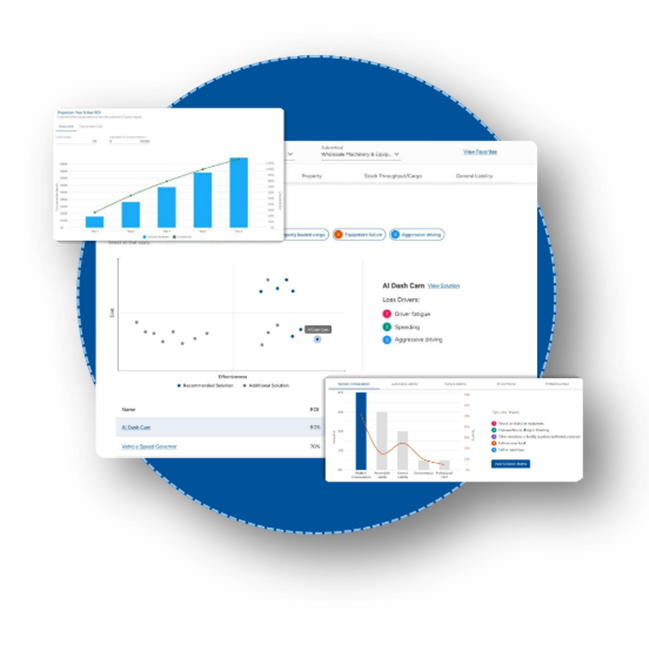Property & Casualty Insights
Reduce Claims and Costs by Optimizing Your Risk Control
NOVEMBER 4, 2024
Effective risk control is critical for reducing the significant costs associated with the multitude of exposures organizations face. When properly implemented, risk control measures not only protect employees and customers, but also lead to a direct reduction in overall risk, claim frequency and insurance premiums. USI has found that a targeted risk management process focused on reducing or eliminating claims and cost drivers can result in premium reductions of up to 30%.
However, to achieve these results, risk control must be targeted, measurable, and ongoing. Targeting the specific risks unique to an organization’s operations ensures that resources are allocated efficiently, while regular measurement and updates to risk control strategies keep the process dynamic and responsive to new challenges.
Claims are symptoms of underlying problems. Fortunately, the quality and number of solutions to address these issues are better than ever. It’s critical to utilize the right broker and tools offered by insurance companies, as well as the next-generation technology and resources offered by third-party organizations. This approach can help you achieve maximum claims reduction and cost savings.
Six Steps to Better Risk Control
While the insurance industry has made some improvements to loss trending in an effort to guide targeted risk mitigation, many insureds have difficulty accessing comprehensive loss data. The industry continues to adapt slowly to evolving loss trends by offering traditional, antiquated solutions in a disjointed manner.
At USI, we help clients optimize risk control by assisting with the development of an end-to-end risk mitigation plan. This starts with an analysis of industry exposures and ends with the selection and quantification of solutions and providers that offer the highest ROI. Following are steps to help you evaluate data and implement more effective risk control:
- Start with your industry and your data. Do not accept generalized claims data. If you manufacture a product, do not look at claims data for a fast-food restaurant, which will be irrelevant for your unique exposures.
- Examine the lines of coverage that drive your claims costs. Narrow your loss analysis to allow for a more focused and impactful approach.
- Determine the top loss drivers that impact your organization and industry for each of these lines of coverage.
- Identify the best solutions available to prevent and mitigate these losses. Determining which options are right for your unique situation can be challenging, but this step is critical.
- Determine where to invest your limited time and dollars based on the potential return on investment (ROI) of every solution under consideration.
- Leverage the right partners to effectively implement the selected solution(s), including insurance brokers, carriers, third-party vendors, and emerging technology solutions. This step can be overwhelming, given the wide range of solutions that are constantly evolving. Remember that informed decisions can greatly impact claims and costs. In USI’s experience, a curated group of third-party providers offer more than a thousand solutions, and 86% of these solutions include multiple product options. Today, finding the right partners and resources is a critical part of successful risk management.
How USI Can Help
PATH™ – Uncover Top Business Risks & Unlock Significant ROI
USI PATH is a proprietary risk control platform that delivers an interactive and transparent journey through the complex risk-control process. Offering indisputable data and a clear view into your industry risk profile, PATH provides:
- Valuable insights into key loss factors and their impacts through a real-time, interactive experience.
- A way to uncover areas of potential improvement for your risk control programs and a path toward better claims results.
- Curated vendor solutions with preferred pricing and ROI projections.

PATH will enable you to gain clear insights with visibility into top loss drivers and impact, including improvement areas by line of coverage to generate meaningful ROI and improve claims and outcomes.
1,573+
Risk control
solutions available
86%
Solutions offering
multiple products to
better address your needs
9:1
ROI on personal
safety alert devices
noticed in year 1
To learn more about USI PATH and our targeted approach to risk management, contact your USI representative or email pcsolutions@usi.com.
SUBSCRIBE
Get USI insights delivered to your inbox monthly.
